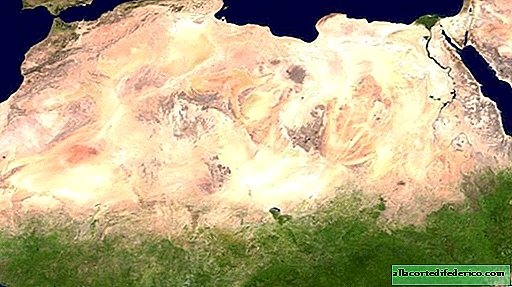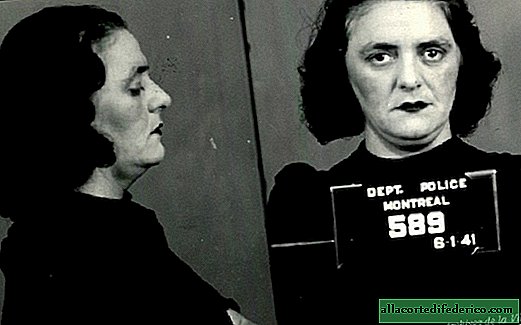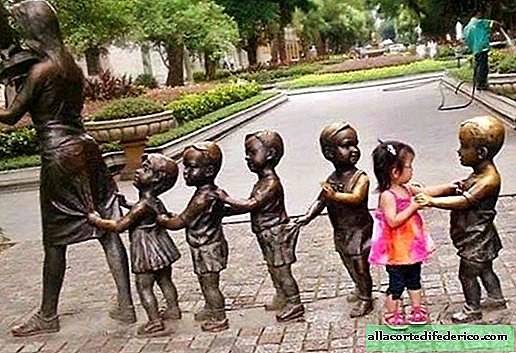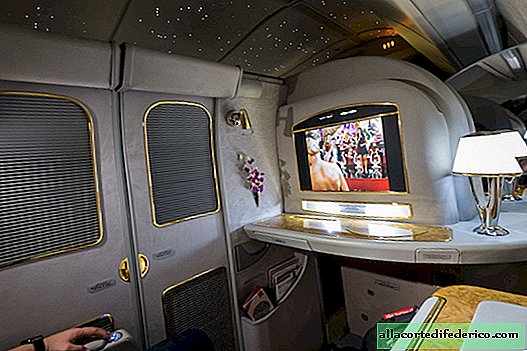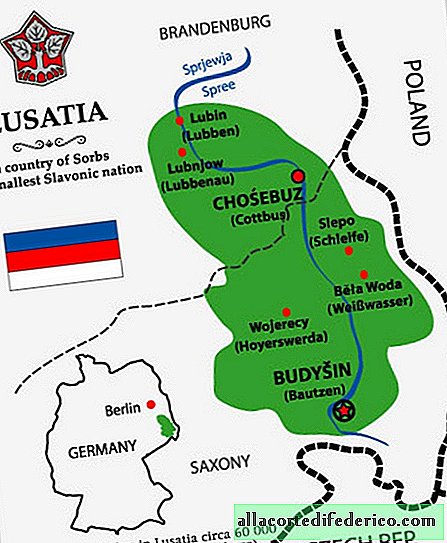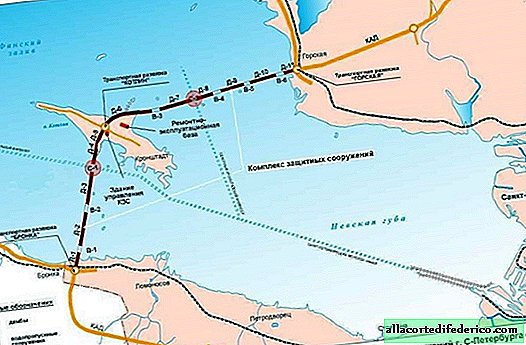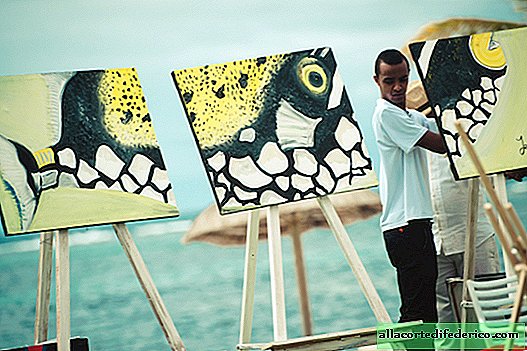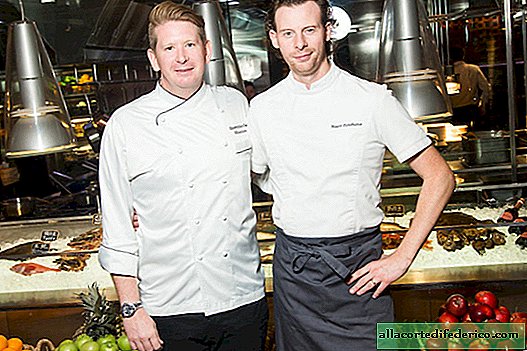What is good for a Moroccan, one cannot understand Russian
European tourists have long been chosen by such an affordable exotic country on the African continent as Morocco. But for the Russians, this Muslim state still continues to be an “unknown land.” Although, with a visit to our homeland by King Mohammed VI in March of this year, the situation began to change somewhat, and contacts between states were being established. So the work on regulating the tourist flow from Russia to Morocco is now in full swing. In case you want to get acquainted with this wonderful colorful region, we have prepared several key features that emphasize its national identity. This will allow you to travel around the Land of the setting sun, that's what Muslims call Morocco, the most comfort and without unnecessary difficulties.
They count money in national currency and in "virtual"

The official currency in Morocco since 1960 is the dirham, but when you come to this country, you can also hear that some merchants name prices in rials. To understand how much it will be in dirhams, you just need to divide the amount by 20.
When married, women do not change their surname

In Morocco, it is not customary to change the surname during marriage: both the husband and wife remain with their surnames, and the children born to them receive the surname of the father.
No number is indicated on their homes

Addresses of houses in the "orange kingdom" to Russian residents seem to be a different world. On the buildings you will not find signs with the street name or house number, since here residences and multi-apartment buildings are usually denoted by names. Locals live, for example, in the residence "Fatima" or "Leila". So the attempt to find any address yourself is likely to be very difficult.
On the streets you can meet shoe cleaners

On Moroccan streets you can see people with small wooden drawers, they will clean your shoes for a small amount. When the locals do not have time to wash their shoes or suddenly stain them on the road, they simply turn to such shoe cleaners, who will wipe them and polish them to a shine.
They often give alms

In Morocco, parents teach their children to help those in need from an early age. Therefore, people asking for alms never cause irritation or contempt among Moroccans. On the contrary, more often than not, when they see the person asking, they will definitely give him a coin.
They can give an even number of flowers for the holiday.

The inhabitants of Morocco are not even aware of the superstition so strictly observed in our country that there must be an odd number of flowers in a bouquet. So they calmly give bouquets with any number of flowers.
They know more than two languages.

Since the territory of Morocco was once divided between France and Spain, the majority of the population, in addition to the everyday Arabic language, also speaks French, and in the north of the country - in Spanish.
In their kitchen, they often combine incongruous

The traditional Moroccan cuisine has a great variety of tastes, sometimes even, at first glance, incompatible. For example, spicy tomato hariri soup is served with sweet dates, one type of tajine is made with meat and prunes, and meat or fish puff pastries are completely sprinkled with powdered sugar.
Before cooking, they peel the tomatoes from the peel and seeds

Residents of this country are used to peeling absolutely all vegetables and fruits. Whether it be peaches, apples, cucumbers or something else, each of them is supposed to be cleaned before eating. And tomatoes, in addition to the peel, in addition, must also be spared from seeds.
They hug and kiss even strangers

This extraordinarily friendly people exchange hugs and kisses when meeting with all the people they know, even if it is a person whom they barely know, or one with whom they simply ended up in the same company. Locals are accustomed to warmly greet each other, and their interpersonal distance is minimized. For a Russian person, such closeness of the interlocutor may seem uncomfortable, and the fraternal hug of an unfamiliar taxi driver or waiter, from whom you simply asked for directions, is inappropriate, but these are the peculiarities of the Moroccan people.

